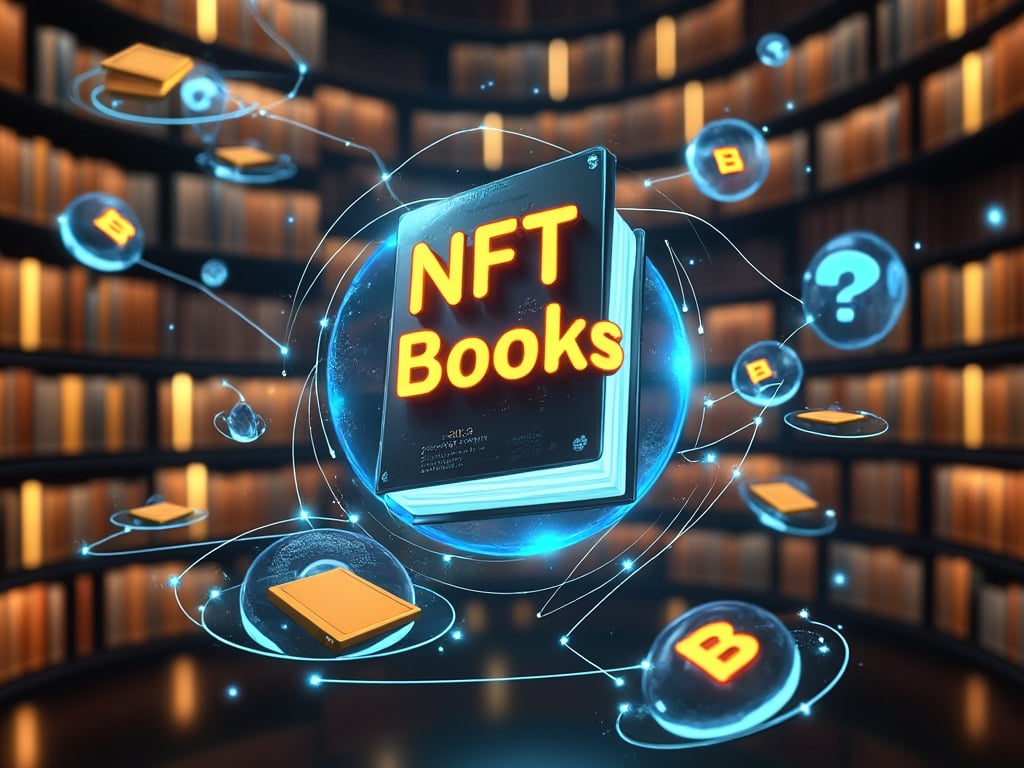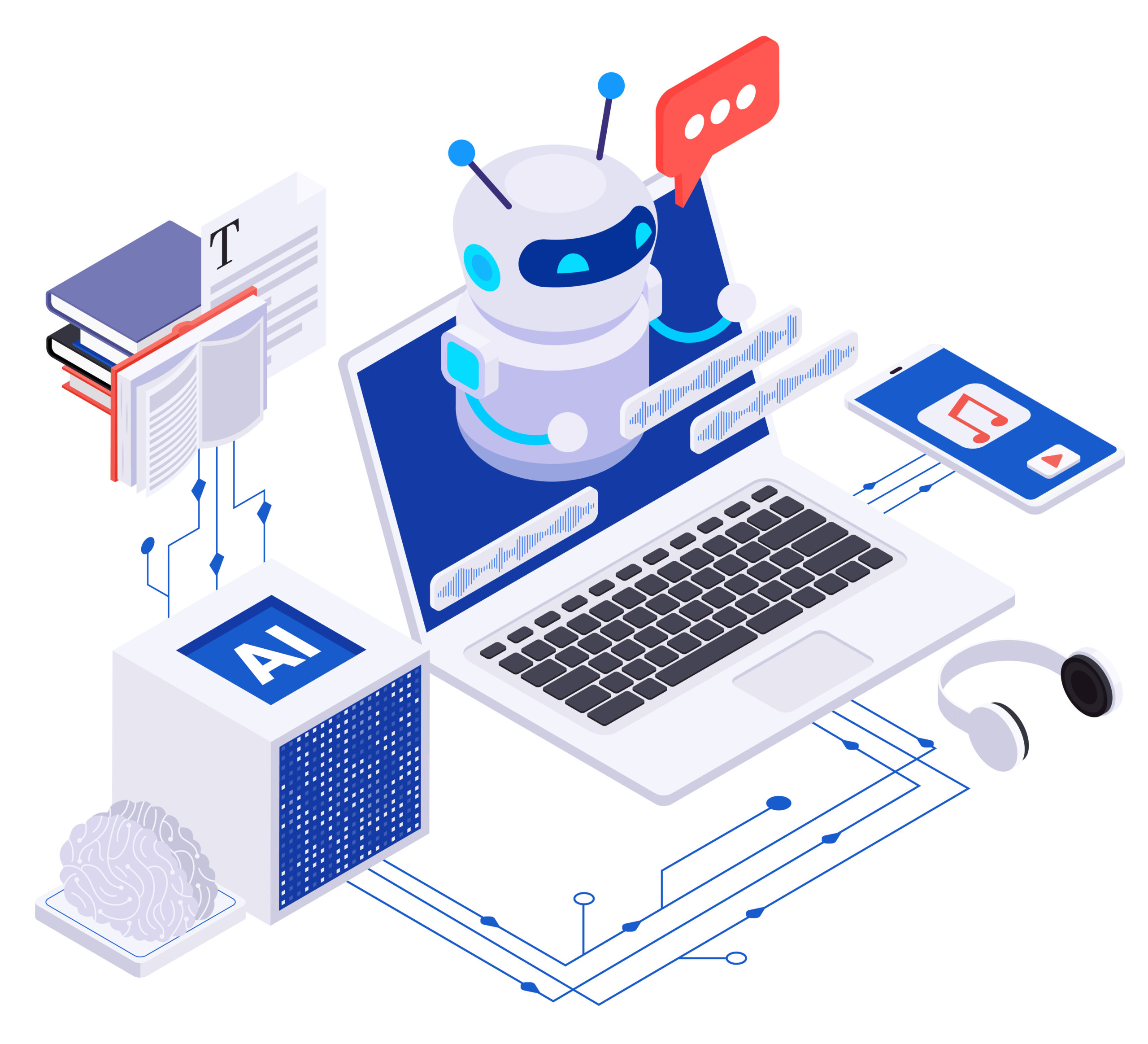The advent of blockchain technology has brought about innovative use cases across various sectors, including finance, art, and gaming. One of the most exciting developments is how Non-Fungible Tokens (NFTs) are reshaping the publishing industry. NFT books have introduced new dimensions to how writers publish, distribute, and monetize their work, while also offering unique opportunities for readers. This guide delves into how NFTs work, their role in the publication industry, and how they are opening up new opportunities for all stakeholders.

How NFTs Technically Work
NFTs, or Non-Fungible Tokens, are digital assets stored on a blockchain. They typically use Ethereum, Binance Smart Chain, or Polygon. Unlike cryptocurrencies like Bitcoin, which are fungible (interchangeable), NFTs are unique and cannot be replaced with another identical item. Each NFT has its own unique metadata, including ownership records and smart contracts that define how the asset operates.
Smart contracts lie at the core of NFTs. These self-executing contracts write the terms of the agreement between the buyer and seller directly into lines of code. For the publishing industry, smart contracts allow authors to automate processes such as royalties, licensing, and secondary sales. Once an NFT book is minted, the system automatically transfers a predetermined percentage of the resale price to the author every time it is resold. This ensures perpetual royalties for the author.
The Role of NFTs in the Publishing Industry
NFTs are revolutionizing traditional publishing by addressing several long-standing challenges in the industry. These include:
- Copyright and Ownership: With traditional publishing, the ownership of content often becomes murky, especially when content is licensed to third parties. NFTs, however, offer authors a way to protect their intellectual property through blockchain technology. The transparent and immutable nature of blockchain ensures that the author’s ownership of their work is indisputable and verifiable.
- Royalty Automation: In traditional publishing, royalty payments are often delayed and lack transparency. With NFTs, authors can receive instant and automated royalty payments through smart contracts every time their book is sold or rented. This provides not only financial transparency but also long-term passive income for authors as they continue to earn from the resale of their books on secondary markets.
- Direct Access to Readers: Platforms like NFTBOOKS enable authors to bypass traditional publishing houses and reach their audience directly. This removes the gatekeeping process and allows more creative control for authors, from pricing to content distribution. NFT marketplaces offer a decentralized and global platform where authors can interact directly with their readers, creating more meaningful and personalized experiences.
How NFTBOOKS is Leading the Revolution
NFTBOOKS is one of the pioneers in this space. It is transforming how books are published and distributed through blockchain. The platform offers a decentralized marketplace for authors and readers. It also integrates innovative features that enhance the user experience for both parties. Authors can mint their works as NFTs, giving them full control over their intellectual property. They also earn perpetual passive royalty income through smart contracts. This means authors continue to earn royalties every time their NFT book is resold. Unlike traditional publishers, NFTBOOKS eliminates one-time payments.
One standout feature of NFTBOOKS is its zero royalty fees for authors. This ensures they keep more of their earnings. The platform also has a daily reward system. Readers and authors can earn NFTBS tokens by participating in the ecosystem. Whether they are reading, reviewing, or renting books, users can earn rewards. Readers can rent and resell digital books, giving them a true sense of ownership. This model provides more flexibility and financial opportunities for readers. Now, readers can earn rental income or trade digital assets like physical books. NFTBOOKS also offers copyright protection through NFT encryption. Authors must complete KYC verification, and the platform partners with legal firms like Squire Patton Boggs for intellectual property protection. NFTBOOKS is setting a new standard for the future of digital publishing. The platform’s Socii app is another game-changer. It provides a direct communication channel between authors and readers. This fosters a community where creative feedback and engagement thrive.
How NFT Smart Contracts Bring New Opportunities to Authors
One of the most transformative aspects of NFTs in publishing is how smart contracts open up multiple income streams for authors. Here are some of the key benefits:
- Perpetual Royalties: Traditional book sales often limit authors to earning only from the initial sale. However, with NFTs, every time an NFT book is resold, the author earns a royalty based on a percentage defined in the smart contract. This ensures that authors can benefit from the increasing value of their work over time.
- Tokenized Licensing: Authors can tokenize licenses for their work, giving them more flexibility in controlling how their content is used. For example, an author can issue limited licenses for translations or adaptations, or even fractionalize the rights to their work, allowing multiple investors to buy a share in the future success of a book.
- Crowdfunding through NFTs: Authors can raise funds for their writing projects by selling NFTs that grant exclusive access to early chapters, behind-the-scenes content, or even limited-edition digital artwork related to the book. This brings readers into the creative process and generates funding without the need for traditional loans or publishers.
New Dimensions for Readers and Collectors
NFT books offer a range of benefits for readers as well, transforming the reader experience in ways that were previously unimaginable:
- Digital Collectibility: Owning an NFT book gives readers true digital ownership. Unlike a traditional ebook, where the ownership is restricted by DRM (Digital Rights Management), NFT books allow readers to own, trade, or resell their digital copies just like physical books. This creates a new market for rare, first-edition digital books that can increase in value over time.
- Access to Exclusive Content: NFTs can grant holders access to special content, whether it’s a personalized message from the author, bonus chapters, or exclusive artwork. This adds an extra layer of engagement and offers collectors a sense of exclusivity that is lacking in traditional publishing.
- Reader Participation: NFT platforms allow readers to engage more actively with the authors. For instance, readers could vote on what type of content they’d like to see next or fund an author’s project directly. This participatory model shifts power from traditional publishers to the community of authors and readers.
The Future of NFTs in Publishing
The publishing industry stands on the cusp of a major transformation, driven by NFTs. As blockchain technology continues to mature, we will likely see increased integration of NFT functionalities that further enhance the reading and publishing experience. Some potential future developments include:
- Decentralized Libraries: NFT-based books could be borrowed from decentralized, blockchain-based libraries, where users rent digital books in exchange for tokens. This could democratize access to books globally and allow readers to rent rare or expensive books for a fraction of the cost.
- Tokenized Book Sales: In the future, readers may own fractional shares of books, earning returns as the book becomes popular or sells in higher volumes. This would provide a unique investment opportunity for readers and fans to directly support their favorite authors.
- This would enable a more fluid and open marketplace for digital books.
Challenges and Considerations
While NFTs present immense opportunities for the publishing industry, they are not without challenges. Eco-friendly blockchains like Polygon are addressing environmental concerns related to blockchain energy consumption. The legal landscape around NFT copyright and intellectual property is still developing. Authors need to ensure they protect their works legally when minting them as NFTs.
Security is another area of concern, as hacking and fraud remain risks in the crypto world. Platforms offering NFT books must implement stringent security protocols to protect both authors and readers.







